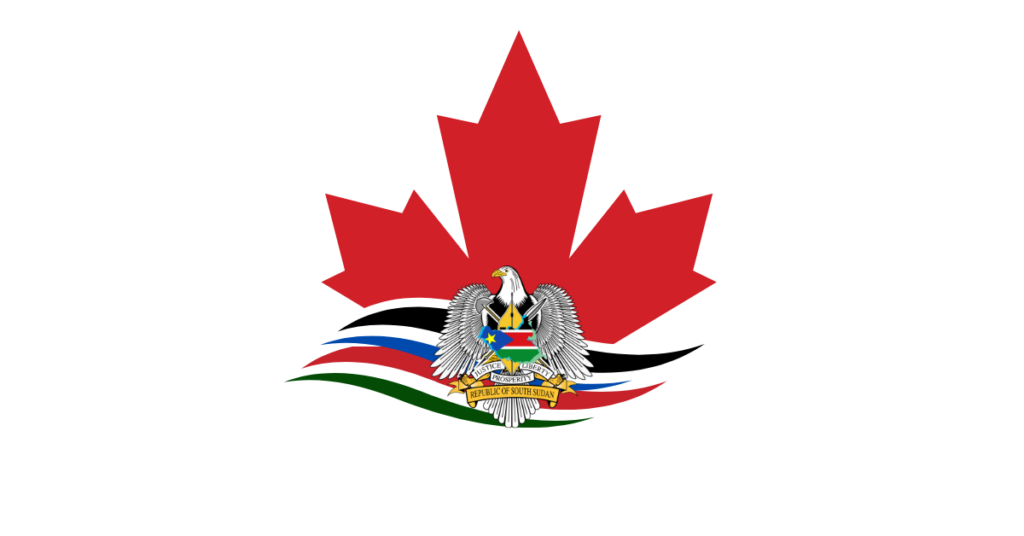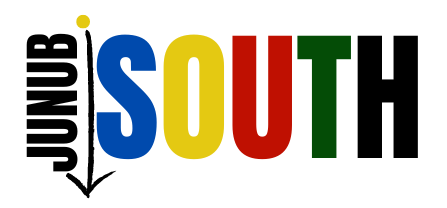OTTAWA — The South Sudanese Canadian Association of Ottawa (SSCAO) is facing a leadership crisis following the resignation of its president-elect, Dr. Kimo Adiebo Gouy, just 10 days after his election.
Gouy, an economist and development specialist with a career spanning institutions such as the world bank, the University of Juba and the Bank of South Sudan, was elected on Feb. 1 during the association’s general assembly. However, he stepped down on Feb. 11 after significant community resistance.
Many members contended that the election process did not adhere to SSCAO bylaws, particularly regarding candidate eligibility and election procedures.
According to chapter seventeen, article six of the bylaws,
“Candidates must submit their application indicating their intention to run for a position to the electoral committee a week or two weeks before the election takes place.”
Concerns were also raised about Gouy’s recent arrival in Ottawa in 2020 and his limited involvement in the South Sudanese community.
In response, Gouy said, “I arrived during Covid 19, everything was shut down, including the community. People were not gathering,” he said. “However, I have contributed by routinely providing valuable input to the steering committee. The presidency is not about how long you have lived in a city it is about how you adapt and your ability to lead.”
The Feb. 1 general assembly at 888 Belfast Rd. saw 20 community members in attendance, with 16 taking part in the vote. The SSCAO Electoral Committee maintained that the process was conducted fairly and in line with the bylaws.
“The election went well. Candidates were self-nominated. The community members in attendance were invited to express their interest in the presidential role by submitting their names for consideration,” said Khatir Suliman, an electoral committee member.
However, some community members disputed the process, suggesting that not all bylaws were properly upheld. Community member Rebecca Kong addressed the ongoing disagreements within the SSCAO community forum about the election outcome and the scheduling of the next general assembly.
“Let’s follow the democratic way, and it will help us avoid unnecessary conflict among us,” Kong said.
Gouy was expected to assume office at the second general assembly, originally scheduled for Feb. 15. He was set to introduce his nominations for executive positions, with confirmation to follow. However, his resignation on Feb. 11 prevented any official transfer of leadership.
With no formal transition, the outgoing executive remains in place while the community navigates the aftermath of the disputed election.
Following Gouy’s resignation, the SSCAO Electoral Committee announced that new candidates could submit applications until Feb. 28, with elections scheduled for March 1.
According to the bylaws, candidates must be at least 18 years old, in good financial standing with the association and present a two-year leadership plan to the general assembly.
The swift election timeline has raised concerns about the lack of a formal campaign period.
Experts argue that structured campaigns are essential for democratic legitimacy. Kofi Annan, former UN Secretary-General and chair of the Global Commission on Elections, Democracy and Security, said in the commission’s report:
“Competitive elections are not just about voting they require an open process that allows candidates to present their platforms, engage with the electorate and ensure informed decision-making.”
A rushed process undermines transparency and risks diminishing trust in leadership selection.
Community member James Duoth Deng Chuol called for deeper reflection on SSCAO’s challenges.
“This community existed before I arrived in Ottawa in 1997. People say it’s dead, but that’s not true,” said Chuol. “The real question is, why are we not progressing as we should? Rather than assigning blame, we must engage in self-reflection, identify the core issues impacting our advancement and implement the necessary corrections.”
As the March 1 election approaches, the association stands at a pivotal moment. The next leadership must address internal divisions, implement organized systems and restore confidence in the governance process to foster a more transparent and united community.

Photo credit: Graphic by Grinjé Bringi


53qlwo
Good https://short-url.org/10VGf
Very good https://t.ly/tndaA
Awesome https://is.gd/N1ikS2
Awesome https://is.gd/N1ikS2
Awesome https://is.gd/N1ikS2
3vzqyz